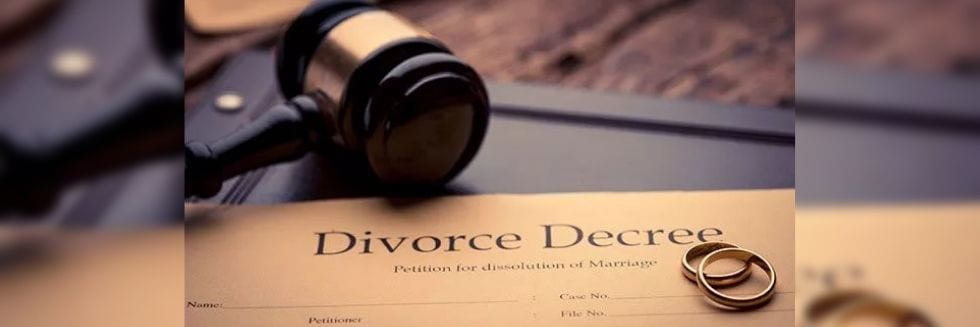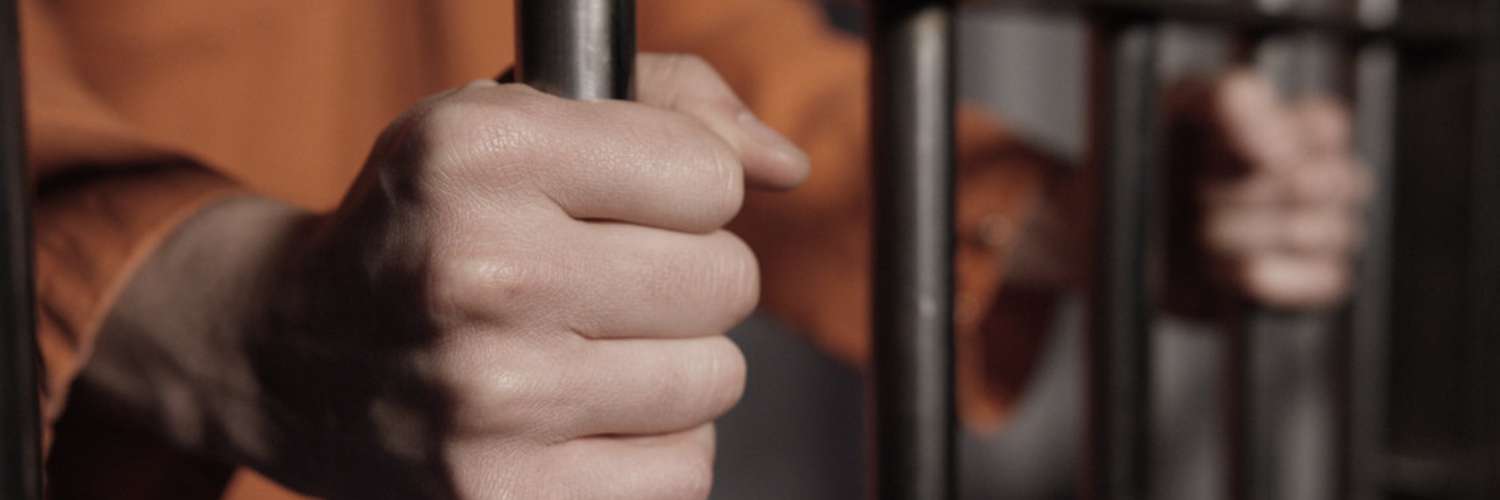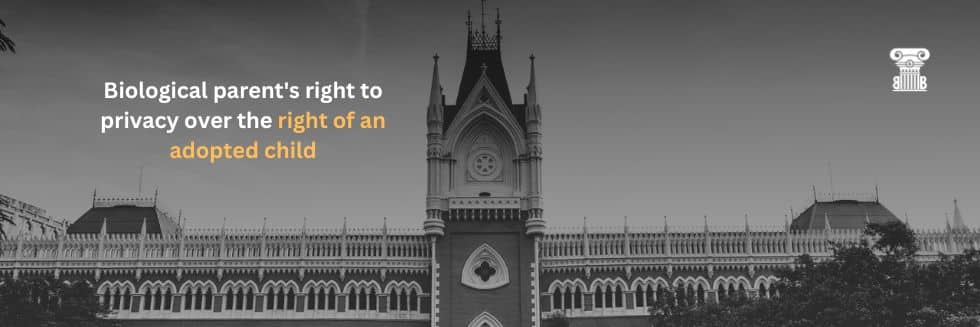Supreme Court on Monday held that the DNA test to ascertain paternity should only be ordered in exceptional cases when it becomes indispensable to resolve the matrimonial dispute.
The apex court comprising Justice BV Nagarathna and Justice V Ramasubramanian noted that the right of children to not have their legitimacy questioned frivolously is an essential attribute of their right to privacy.
“Children have the right not to have their legitimacy questioned frivolously before a Court of Law. This is an essential attribute of the right to privacy. Courts are therefore required to acknowledge that children are not to be regarded like material objects, and be subjected to forensic/DNA testing, particularly when they are not parties to the divorce proceeding. It is imperative that children do not become the focal point of the battle between spouses,” the bench stated.
The Supreme Court bench laid down legal principles dealing with the presumption of legitimacy of a child born during wedlock under Section 112 of the Evidence Act and the circumstances under which this presumption can be rebutted through evidence:
(a) The object behind the presumption of legitimacy laid down under Section 112 qua a child born during the wedlock read with Section 4 of the Indian Evidence Act, 1872, is to prevent an unwarranted enquiry as to the paternity of the child whose parents at the relevant time had “access” to each other.
(b) For rebutting the presumption of legitimacy under Section 112 of Indian Evidence Act, 1872, the party questioning the legitimacy of the minor child is required to prima facie show “non-access” to other party. Further, if no plea has been raised as to “non-access”, the DNA Test may not be directed.
(c) That a direction to conduct a DNA Test of a minor child should be viewed from the prism of the child, keeping in mind the best interest of the child.
(d) Such a direction should be ordered by the Court rarely, and only in exceptional and deserving cases, where such a test becomes indispensable to resolve the controversy.
(e) An adverse inference under Section 114(h) of Evidence Act cannot be drawn against the petitioner-wife who in her capacity as mother and natural guardian is refusing the DNA Test of the minor child and is protecting the interest of the child.
The bench was hearing an application filed by the wife challenging family court and Bombay High Court order which allowed the DNA test of a minor child at the request of the husband.
The husband had sought a DNA test of the second child to ascertain the paternity in order to prove his adultery claims against his wife.
The bench noted, “The short question in the present appeal is as to how a Court can prevent the law’s tidy assumptions linking paternity with matrimony, from collapsing, particularly when parties are routinely attempting to dislodge such presumptions by employing modern genetic profiling techniques.”
The counsel appearing for the wife argued that the courts routinely directed DNA tests without considering the presumption of legitimacy under Section 112 of the Indian Evidence Act (the legal principles established in the case of Goutam Kundu v. State of West Bengal & Anr) and the fundamental rights of the child, including their best interests, right to privacy, identity and autonomy.
On the other hand, the husband’s counsel contended that the orders under challenge were based on an unimpeachable appreciation of the facts of the case and did not warrant any interference. He added that the wife has filed this appeal to mask her adulterous conduct.
“Under the Indian legal spectrum, a husband is strongly presumed to be the father of a child born to his wife. Thus, there is a strong presumption regarding the paternity of a child. This presumption can be overcome only by evidence precluding any procreative role of the husband, such as by showing that the husband and wife had no access to each other at the relevant time of possible conception. In the absence of proof of non-access, the law considers the husband’s paternity to be conclusively established if they cohabited when the child was likely to have been conceived,” the judgment reads.
The bench observed that the dispute was between the parties to the marriage and that the rights and best interests of the child could not be sacrificed to enable one of the parties to have the benefit of a fair trial.
“The lis in these cases is between the parties to a marriage. The lis is not between one of the parties to the marriage and the child whose paternity is questioned. To enable one of the parties to the marriage to have the benefit of a fair trial, the Court cannot sacrifice the rights and best interests of a third party to the lis, namely, the child,” the bench noted.
The bench added that the husband himself had categorically claimed that he was in possession of call recordings/transcripts and the daily diary of the appellant-wife, which may be summoned in accordance with the law to prove the infidelity of the appellant.
The top court went on to add, “Therefore, it seems to us that the respondent is in a position to attempt to make out a case based on such evidence, as to adultery/infidelity on the part of the appellant.”
While setting aside the family court and Bombay High Court’s order, the bench stated, “However, this shall not preclude the respondent-husband from leading any other evidence to establish the allegations made by him against the appellant in the petition for divorce.”
The bench clarified that Section 112 doesn’t provide protection for the wife’s adulterous behaviour.
“We are not suggesting for a moment that Section 112 acts as a shield even for the alleged adulterous conduct on the part of the wife. All that we say is that anything that would destroy the legal effect of Section 112 cannot be used by the respondent, on the ground that the same is being done to achieve another result,” the bench said.
This article is written by Varsha. You can reach out to the author via email at bnbvarsha@gmail.com.







